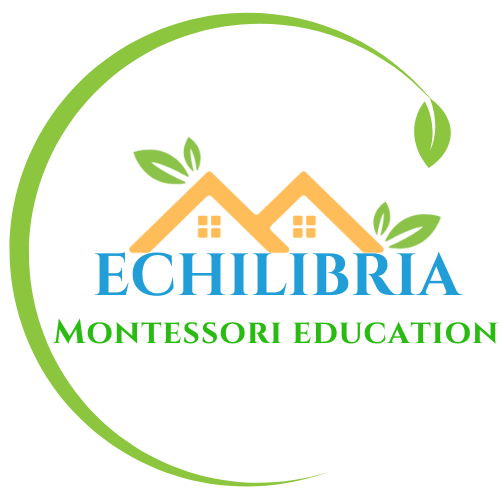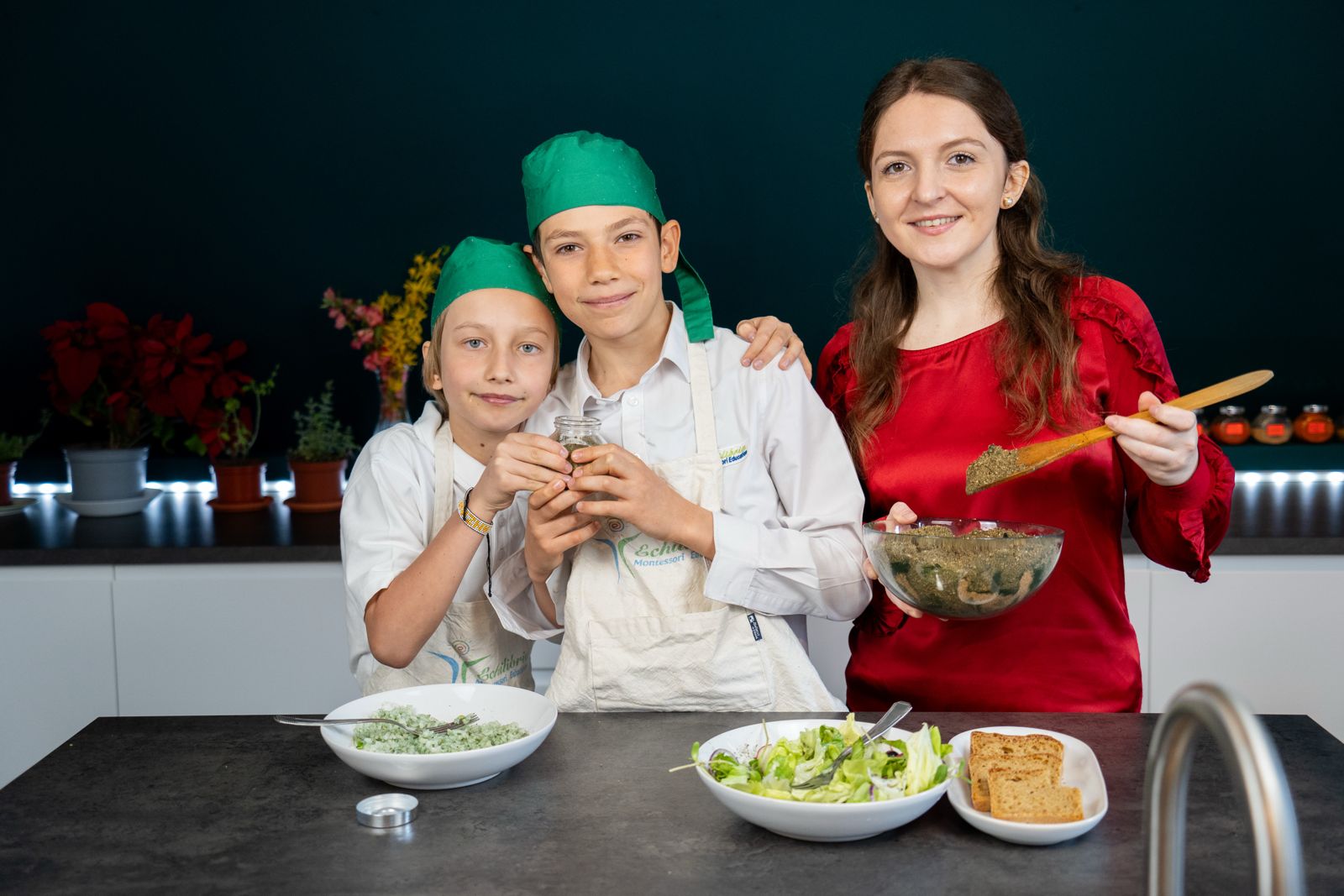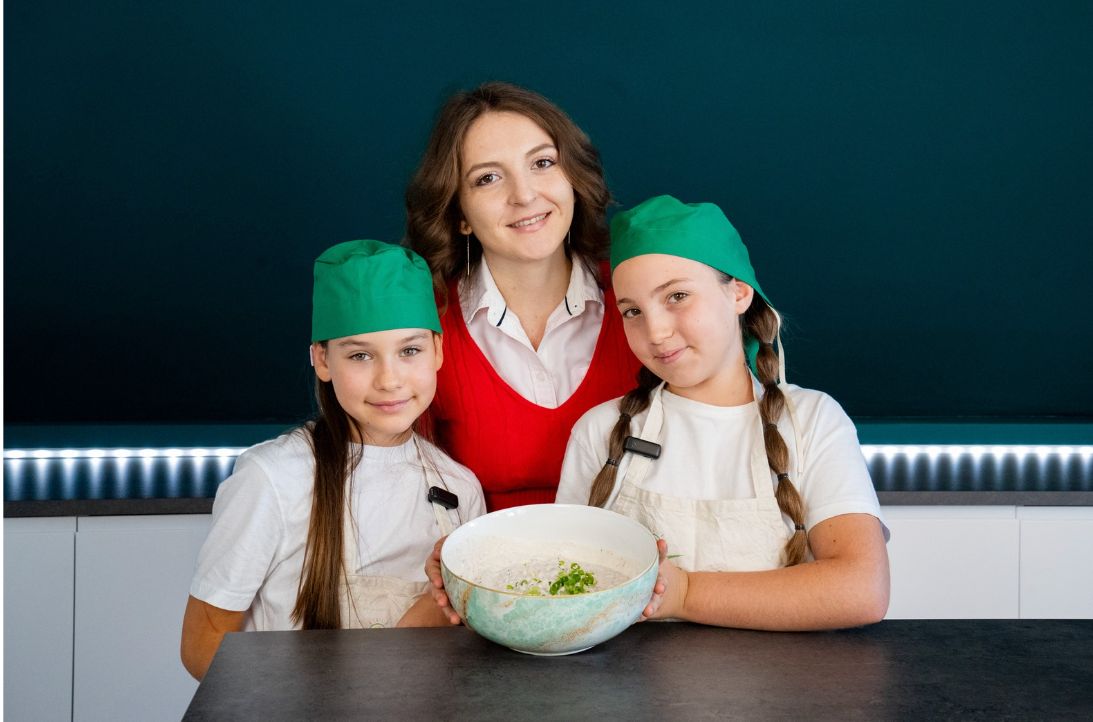The development of language is part of the development of the personality, for words are the natural means of expressing thoughts and establishing understanding between people.
(Maria Montessori, The absorbent mind, 1937)
It has been a couple of years since I have fallen in love with teaching English as a foreign language. This one is definitely an activity that makes one play multiple roles and shields against ever having a dull day. You see, helping someone acquire the skills needed to freely express in a foreign language implies assisting your students with developing a multiple range of abilities and skills, which turns out to be an extremely soul lifting activity.
I have always been a practitioner of the idea that the target of any sort of teaching is to have your students become independent learners. It is to light up in them the love for learning and the love for the subject you are teaching, to give them access to well-prepared learning tools and then get out of their way. It is in Echilibria Montessori Education that I’ve found the means to be able to do just that. Here our main target as teachers is to assist our students and help them grow into the best versions of themselves.
Language learning is not a linear process with a beginning and an end but rather a life-long process, always emerging and not fully controllable. In Echilibria Montessori Education we do not try to control the natural process of language acquisition. We integrate learners and help them explore the world around them (e.g. through games, study trips, etc) through the medium of the foreign language .English teaching in our school is threefold.
– The first layer consists in having our students interact, at all times, only in English with their English teachers. This one derived out of our desire to have our little ones fully exposed to English and have them out pass their limits when it comes to expressing themselves in a foreign language. It equips them with the premises to experiment with words they hear within their environment. While the use of Romanian with their English teachers is strictly controlled, we do make accurate use of it in activities to promote learning and acquisition. On-going language acquisition research and in-class practice supports that use of L1 should not be prohibited for its own sake, but allowed occasionally as an additional tool in the repertoire of the teacher and the learners as conditions warrant.
– The second layer is the classroom study times when our students work with Montessori designed learning materials. The main used is Exploring English which is a complete, international learning method for all primary schoolchildren. It is a material for learning, doing and experiencing English. Its contains range from picture and word flashcards to project creation step by step guides. It is a fully equipped medium which helps our children develop their language skills.
– The third layer is having our students work and interact with foreigners, included, but not restricted to, English native speakers. The idea derived out of the premises that plurality and respect for others is a key lesson in the lives of children and that an excellent way to instil said values is to live with people from foreign cultures, since it greatly encourages tolerance. Likewise, curiosity is a very powerful element, making studying alongside residents of other countries a perfect opportunity to make contact with fascinating cultures, customs and societies.
During this academic school we’ve had the pleasure to witness our students open up their hearts and minds and welcome in their environment 5 foreigners: one from Chile, one from Spain, one from Columbia, one from Germany and one from the USA. They got to enrich their culture by getting first hand access to stories from and about the above listed countries. They became curious about world outside Romania and they got to like the sound of foreign languages. Stories have been read, history has been discussed, comic strips have been designed, fairy tales have been written and art has been created. The legacy of such experiences lived in childhood is to last for a lifetime as they serve as blocks for building up important feelings and skills such as empathy, love, collaboration, focus, self control, communication, making connections, engaged learning.
Dr. Montessori observed that the child’s mind is like a sponge. But unlike a sponge which in time dries up, the child’s mind incorporates what it soaks up. She called this ‘The ‘Absorbent Mind’. The ‘Absorbent Mind’ of the child is soaking up his entire environment unselectively. The Absorbent Mind is limitless. She determined that the role of the educator is to strew around in the environment of the child useful items appropriate to each stage of his development. This is what we target at Echilibria Montessori Education and why we’ve invested in designing and developing the above listed three layered English learning experience for our young ones. We sow and have our hearts filled with joy when, through common effort, we get to enjoy seeing our children blossoming at their full potential.
Teacher Irina




